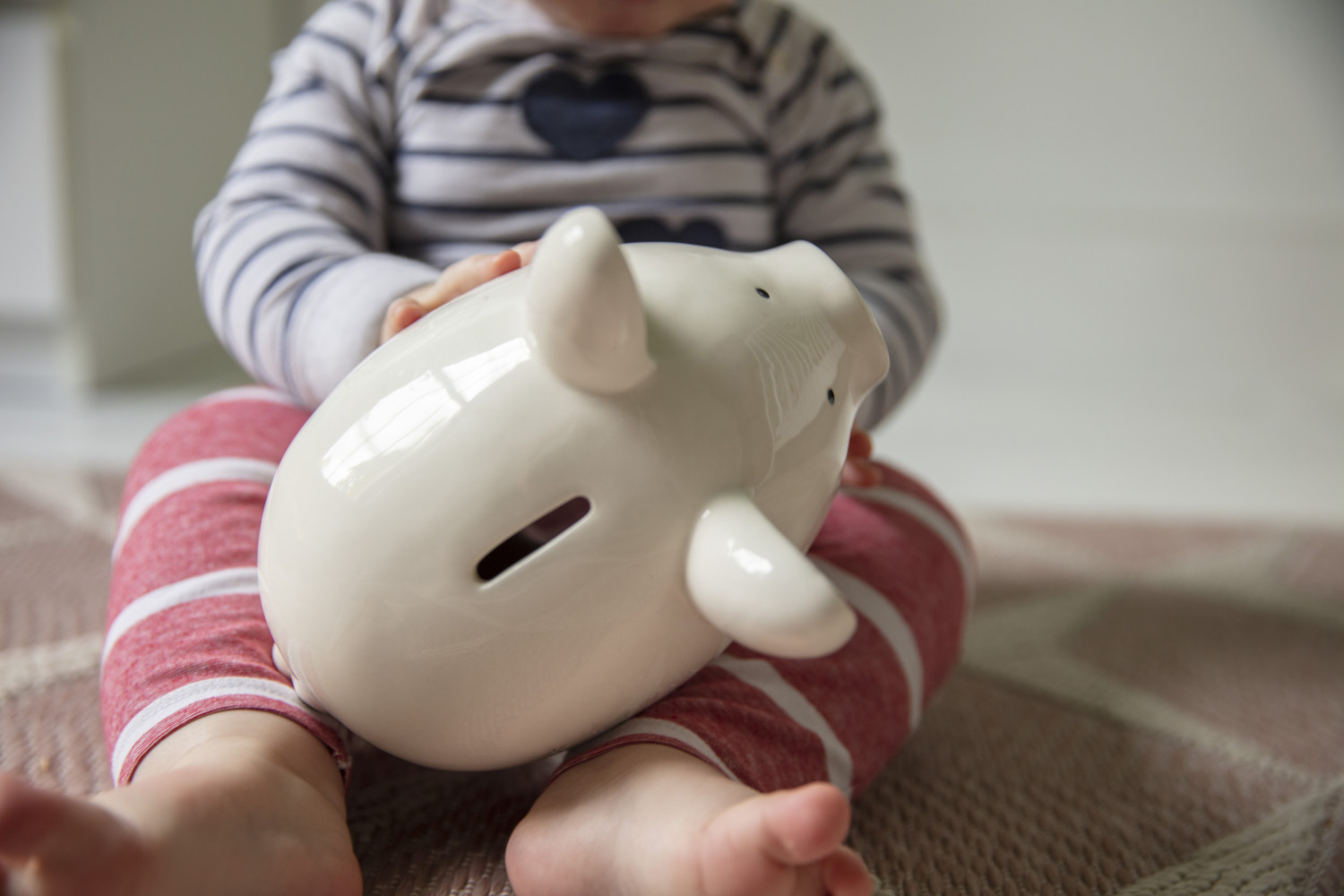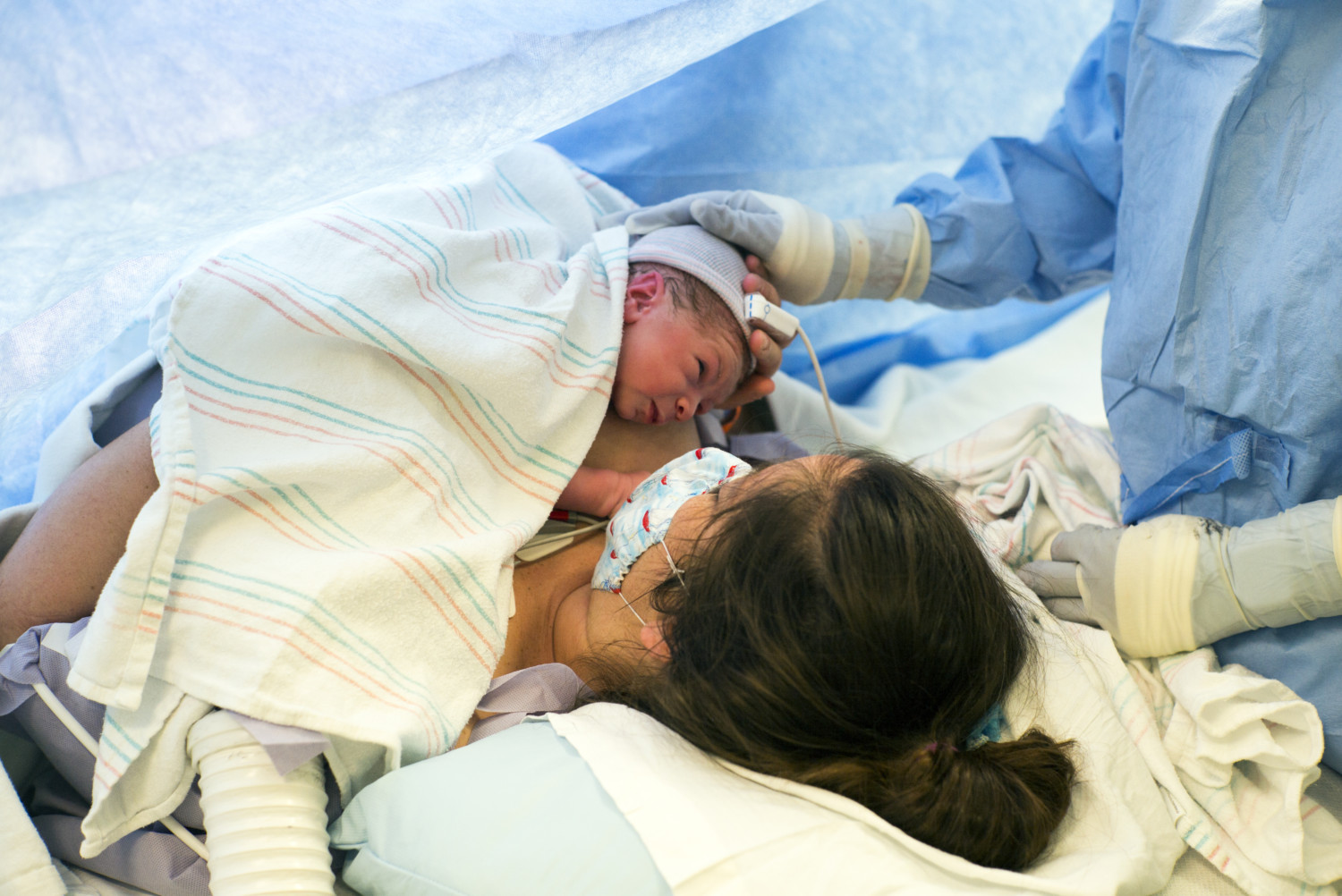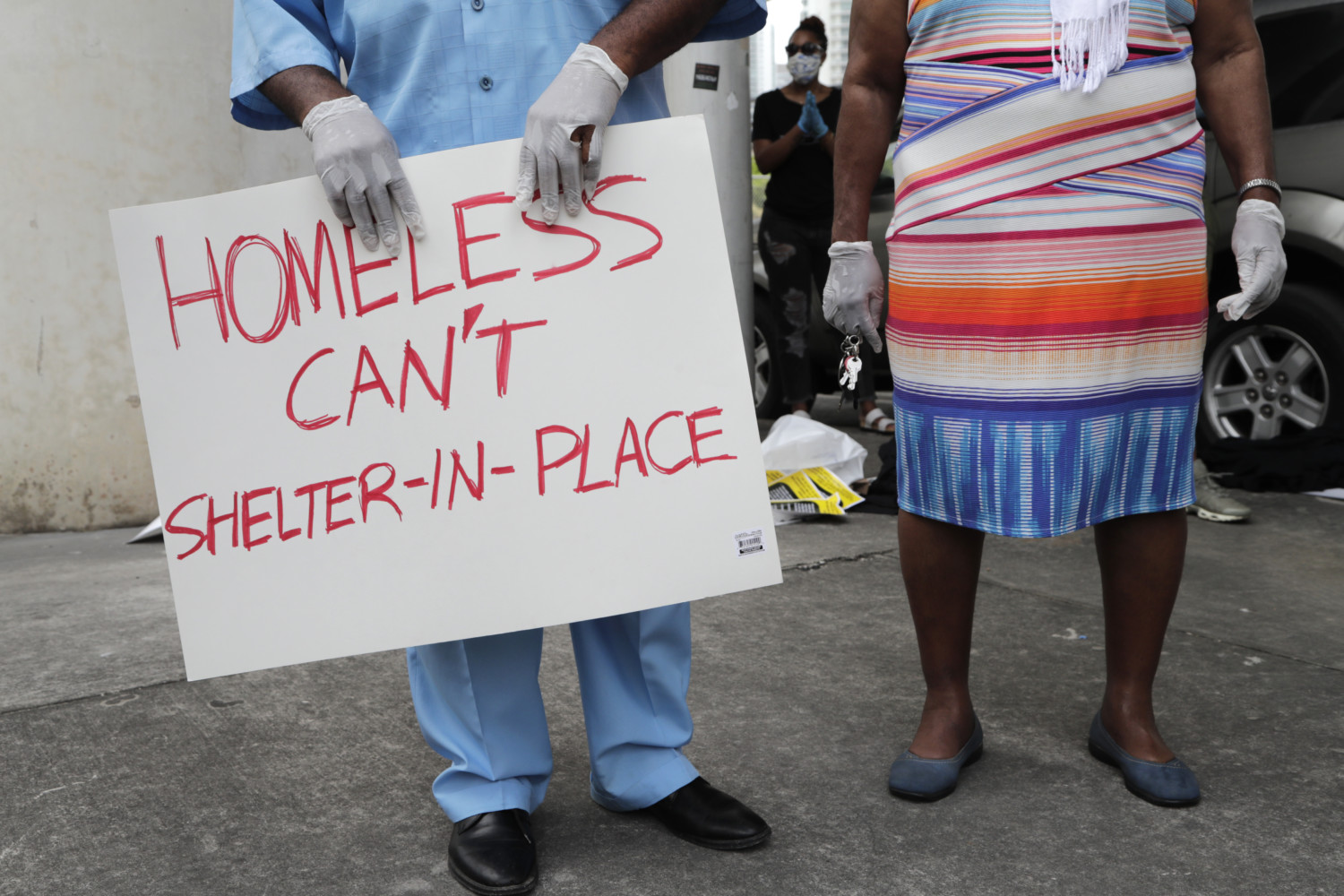Having money to spare can obviously get you a more comfortable lifestyle and a greater feeling of security. But can it also make your children smarter?
In December 2021, the Proceedings of the National Academies of Sciences, or PNAS, published a study of 1,000 low-income mother-infant groups who received monthly cash gifts of varying amounts. Researchers affiliated with Columbia University, Duke University, New York University, University of California Irvine, University of Maryland and the University of Wisconsin-Madison were involved in the study looking at the effect of reducing poverty on early childhood brain activity.
The results suggest that the cash stipends for mothers, given over the first year of their babies’ lives, altered the child’s brain activity in ways that are positively associated with cognitive development.

The study enrolled a group of mothers who had recently given birth and had an average annual household income of just over $20,000. The racially and ethnically diverse group included moms from New York City, New Orleans, Minneapolis-Saint Paul and Omaha.
Researchers randomly selected half of the families to receive a cash gift of $20 each month, while they gave the others $333 each month — about a 20% increase in income. Studies suggest that an increase in wealth of $4,000 a year has been linked with improvements in a child’s school performance later in life.

When the babies in the study were about a year old, the scientists used resting electroencephalography (EEG testing) to assess their brain activity, which showed that predictable, unconditional monthly payments to low-income families may have had an effect on it: Stronger high-frequency brain activity, associated with improved language, cognitive and social-emotional functioning, was detected in the group that received the higher monthly payments.
‘Potentially A Groundbreaking Study’
Experts have consistently detected a connection between childhood poverty and reduced brain function, but it has been challenging to determine a causal link. Researchers speculate that the increased income changes the home environment of the babies lead to the increase in brain activity.
“This is a big scientific finding,” Martha J. Farah, a neuroscientist at the University of Pennsylvania who conducted a review of the study for the PNAS, told The New York Times. “It’s proof that just giving the families more money, even a modest amount of more money, leads to better brain development.”

Others note that more research is needed to determine the full effect of the monthly payments.
“It’s potentially a groundbreaking study,” Charles A. Nelson III, a neuroscientist and psychologist at Harvard, who served as a consultant to the study, told The Times. “If I was a policymaker, I’d pay attention to this, but it would be premature of me to pass a bill that gives every family $300 a month.”
Nelson commented that giving the children cognitive tests could help determine the full effect of the payments, as the brain patterns documented in the study are not always associated with higher cognitive skills.
“The fact that we did see effects after just one year really speaks to the remarkable plasticity of the developing brain and its sensitivity to economic resources,” Dr. Kimberly Noble, a neuroscientist and pediatrician at Columbia University, told NewScientist.

Real-World Benefits Programs Giving Cash To New Parents
The enhanced Child Tax Credit, which expired in December after being offered during the ongoing COVID-19 pandemic, gave qualifying families up to $3,600 per child and cut U.S. child poverty in half, according to some estimates. According to a survey by the U.S. Census Bureau, one in four families with young children used those payments to cover child care costs. Congress failed to pass President Joe Biden’s Build Back Better agenda, which offered an extension of the Child Tax Credit.
Some mothers in New York are currently receiving a monthly benefit, but it is not tied to the government. Certain expectant mothers and moms with children 3 years old and younger will receive monthly checks of $500 to $1,000 for up to three years. A nonprofit called the Bridge Project is behind the program and was created to support low-income mothers in New York City by providing consistent, unconditional cash during the first 1,000 days of their children’s lives.

“The Bridge Project is built around the truth that poverty is not an individual failing, it is a systemic failing of our economic system and an insufficient social safety net,” The Bridge Project’s Executive Director, Megha Agarwal, said in a statement. “While we live in an intensely polarized time, we should all be able to agree that in the wealthiest country in the world, no baby should go without the food, shelter and safety that economic security provides.”
The families enrolled in the Bridge Project have an average income of $14,500, which is well below than the federal poverty line of $18,310 for families of two. In addition, more than 70% of enrollees had less than $100 in savings. Approximately half of the families are Black and half are Hispanic.
The trade-off for enrollees is that the project will compare these families to another group that does not receive funding to measure the effect of the additional income on the families. In addition, the researchers will follow the enrolled children’s developmental progress, mental health and physical health.
According to The New York Times, more than 35 other guaranteed-income pilot projects are also in progress now in at least 17 states. For instance, Chicago and Los Angeles will begin the two most significant publicly funded projects to date. The pilot in Chicago will pay $500 per month to 5,000 families. In Los Angeles, 3,000 families will each receive $1,000 per month.
This story originally appeared on Simplemost. Checkout Simplemost for additional stories.


